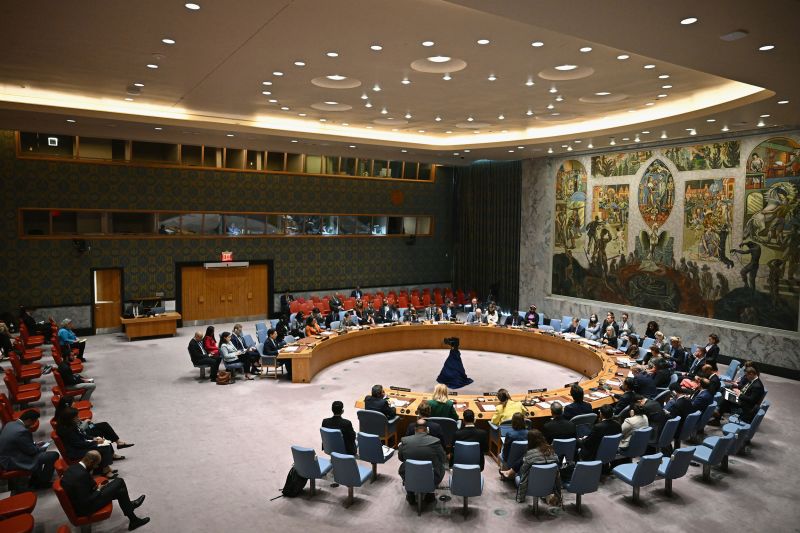Debate Overview:
Next week, world leaders will convene in a formidable gathering in New York to discuss one of the most pressing global concerns: Is the United Nations past the point of no return? The question encapsulates undeniably polarised views, intensified by recent global events that have shaken the very foundations of international diplomacy and cooperation.
Failings of the United Nations:
Critics of the institution argue that there are already signs that the UN might be teetering on redundancy, as evidenced by its perceived failures on numerous forefronts. From the Syrian Civilian crisis to the Rohingya massacre, from failed peacekeeping missions in Africa to the ever-worsening climate crisis, they claim that the UN’s response and mitigative strategies have proven woefully inadequate.
Failures are further underscored in the Security Council’s deadlock due to the veto powers enjoyed by its five permanent members – the U.S, U.K, Russia, China, and France. Critics argue that this system of veto power serves primarily to protect the individual interests of these nations rather than uphold international law and promote global peace.
The UN’s arduous bureaucracy and lack of resource allocation further exacerbate its perceived inefficiencies. There is an argument that the institution’s long-standing methodologies require a complete overhaul to accommodate the changing global dynamics and the varied interests of its 193 member states.
Defence of the United Nations:
Conversely, proponents of the United Nations maintain that the institution remains critical in facilitating international cooperation, despite its shortcomings. They argue that the UN provides a unique platform where global concerns can be adequately debated and addressed collectively.
Moreover, through its array of specialized agencies such as UNESCO, WHO, UNICEF, and the likes, the UN has played a crucial role in addressing global health crises, promoting education, cultural preservation, and children’s rights, among other things. The institution’s humanitarian endeavors, particularly its relief efforts in conflict-ridden and disaster-struck regions, demonstrate its undeterred dedication to assist those in dire need.
Proponents further argue that the UN is not a global government but rather a body to foster cooperation between sovereign states. Its success, therefore, lies not only in its direct actions but also in its ability to galvanize member states towards collective goals and aspirations.
Forward-Thinking Suggestions:
Whether critics or proponents have the edge in this ongoing debate remains to be seen. However, rather than focusing solely on the UN’s failures or successes, constructive conversations during the upcoming convening should ideally revolve around reimagining and restructuring the UN for the modern world.
The urgent call for UN reform should entail a holistic approach, altering not only its decision-making processes, but also reevaluating the relevance of its operations, administrative structures, and resource allocations in the current context. The unique challenges of the 21st century, including climate change, cyber wars, pandemics, and global financial crises require a flexible, robust, and dynamic UN that can adapt and react timely and efficiently.
Without doubt, the upcoming world leaders debate in New York will be a crucial stepping stone, outlining the future direction of this renowned international institution. The world will be watching closely, hoping for a progressive outcome that retains the spirit of global unity, cooperation, and mutual respect that the UN was originally instituted to protect and promote.




